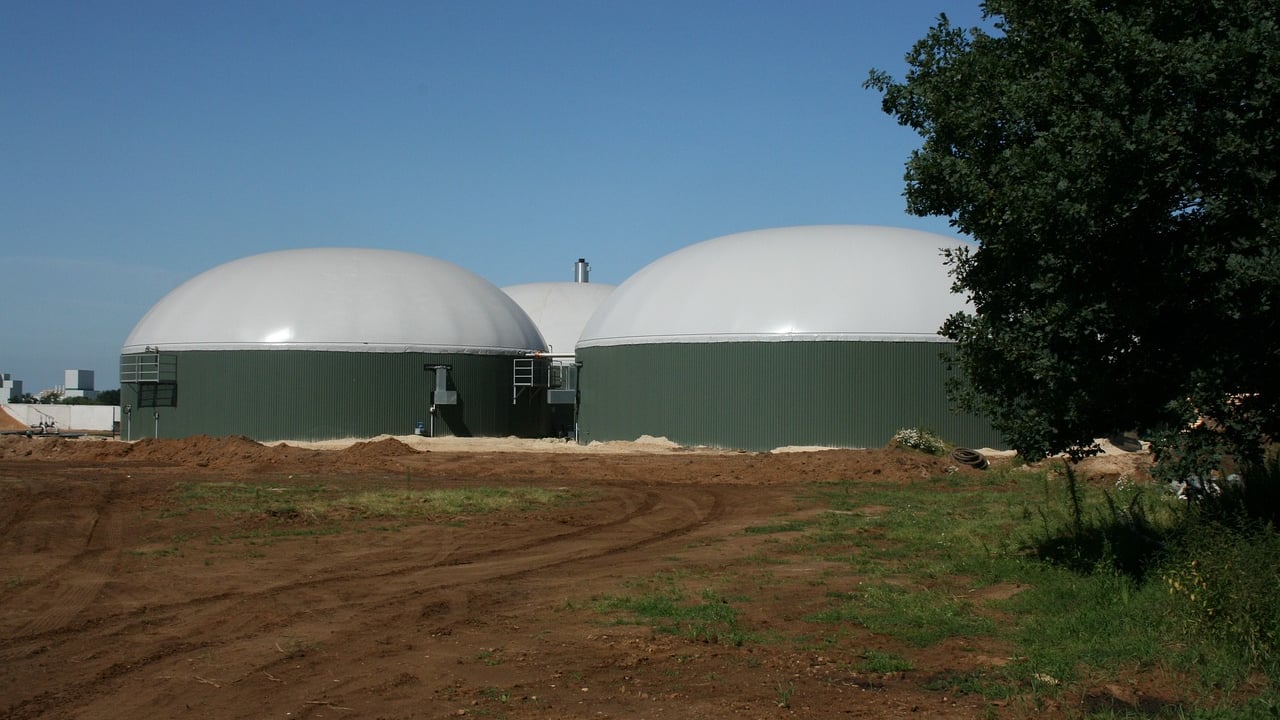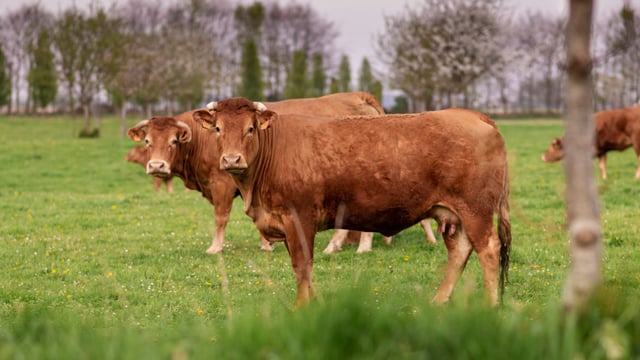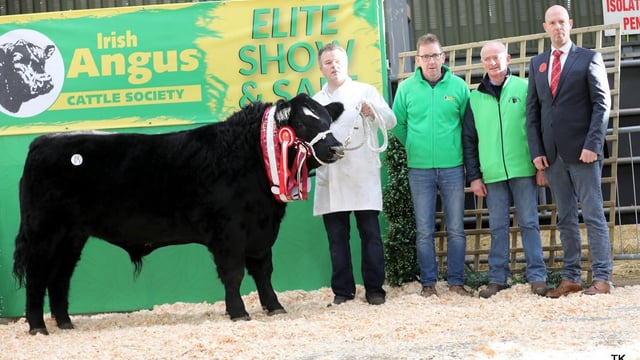Rural people more open to AD when 'included' and 'respected'
Communities are more open to development of the bioeconomy, including anaerobic digestion (AD) when they feel "included" and "respected" in decisions making, new research has shown.
PhD research has been published on farmers' and the public's perspectives of bioeconomy innovations and what determines their attitudes to those innovations.
The bioeconomy has been identified as an alternative to fossil resources, a solution for climate change, and an opportunity for economic growth.
A new PhD study involving Teagasc, University College Dublin (UCD) and BiOrbic investigated what farmers and the wider community think about bioeconomy technologies and innovation.
The study involved farmers and the wider public in counties Cork and Kerry, with a particular focus on anaerobic digestion and grass biorefining.
These technologies can turn feedstocks such as grass and slurry into energy and other outputs.
As part of her PhD study entitled Exploring Social Acceptance of the Bioeconomy: A Case Study of the South-West Region of Ireland, Mina Sadeghzadeh, based at the Teagasc Food Research Centre, Ashtown, Dublin, examined acceptance of land use practices and infrastructure related to two bioeconomy innovations - grass biorefineries and anaerobic digestion.
The study reveals that both communities and farmers can move through distinct "behavioural stages", from willingness (passive acceptance) to intention, and ultimately to active support, and that their perspectives on these innovations can vary.
Public attitudes
The study found that, for the wider public, people’s emotional connection to their local area affects their openness to these innovations, and that perceived justice is a significant influence on active support.
The public's perception of transparency and the process used to make decisions and give a voice to stakeholders - which is called "procedural justice" in the study - influences their support.
Positive perceptions of procedural justice improve acceptance, despite potential concerns about impacts on the rural landscape or health risks, the study said.
“Communities are more open to bioeconomy innovations like AD when they feel included, informed, and respected,” researcher Mina Sadeghzadeh said.
"Procedural fairness and meaningful engagement are as important as technical performance in achieving acceptance. Our research revealed that for Irish residents in the southwest region, justice matters in terms of acceptance," she added.
"Procedural justice explains a greater portion of their support than does distributional justice, or the fairness of how resources, benefits and risks are distributed.
Farmer attitudes
For the farmers specifically (as opposed to the wider community), the results are a little different.
For grass biorefineries, farmers’ willingness to accept it is driven by how capable they feel in supplying biomass, showing that "empowerment is key to participation", the research said.
For AD, engagement follows a more deliberate process that depends heavily on trust and justice.
Farmers are more likely to commit to supplying biomass when they see AD as transparent, equitable, and aligned with their values.
Unlike the public, for whom procedural justice is most important, distributional justice, the fairness of how benefits and burdens are shared, has a slightly greater effect among farmers.
Prof. Maeve Henchion, Teagasc principal research officer and co-supervisor of the PhD study, said: "Because farmers approach each innovation differently, engagement strategies must be aligned with the behavioural logic unique to each technology.
"Grass biorefineries may benefit from hands-on demonstration and peer learning, while anaerobic digestion adoption depends more on trust-building, fairness, and institutional clarity," Prof. Henchion added.
Teagasc said that this PhD research presents one of the first integrated frameworks for understanding both public and farmer acceptance of bioeconomy innovations in Ireland.
Sadeghzadeh said: "Fairness, trust and personal responsibility aren't just abstract ideas. They are the foundation of a sustainable bioeconomy in Ireland, one where communities and stakeholders are active partners in the bioeconomy."
Prof. Eoin O'Neill of UCD, co-supervisor of the study, said: "This work demonstrates how science can inform policy and community engagement. Understanding what drives public and farmer acceptance is crucial for ensuring that Ireland's bioeconomy grows in a fair, inclusive and sustainable way."





